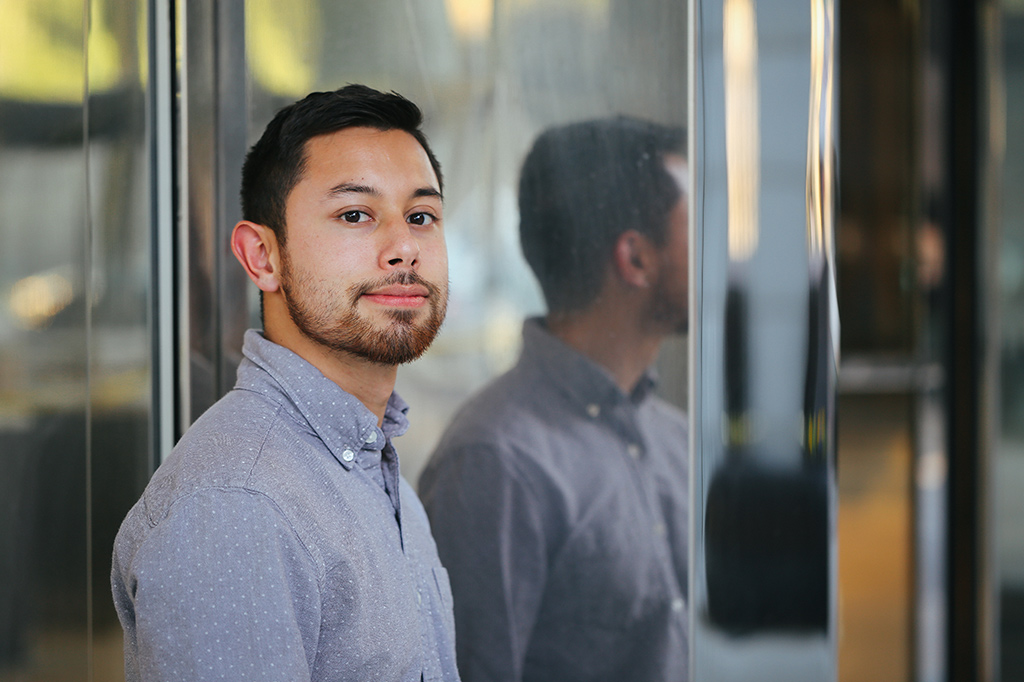The Trump administration will end the Deferred Action for Childhood Arrivals program, which allows for undocumented immigrants who came to the country as minors to remain here on a provisional basis. U.S. Attorney General Jeff Sessions made the decision official today, saying it was needed for a “lawful and constitutional immigration system.”
The program will wind down over the next six months, opening a window for Congress to write new legislation replacing the immigration policy and leaving some time for the country’s “Dreamers” to continue to use the work permits and other protections offered by DACA. But the decision to rescind the program does raise the specter of deportation for the more than 800,000 immigrants in the U.S. protected by DACA.
About 69,000 of those DACA-eligible applicants live in North Texas, and in March, Matt Goodman and Staci Parks talked to five of them. Now seems like a good time to revisit that story, and the hopes and fears of five young undocumented Dallasites. It’s also worth noting that Texas helped force Trump’s hand. In June, Attorney General Ken Paxton became the figurehead of a 10-state coalition threatening to sue the federal government if the order wasn’t rescinded. The states gave Sessions a deadline to comply: September 5.
“This isn’t a surprise that Ken Paxton would want to have that amount of an impact on our federal government with DACA,” says Jose Manuel Santoyo, a DACA recipient and a member of the activist group The North Texas Dream Team. “Unfortunately, that’s the government we have right now. We knew DACA was not a permanent solution from the beginning, but now we have to fight for our families and our friends.”
Santoyo says he’s lining up a meeting with Republican U.S. Rep. Joe Barton, who has at least expressed interest in not pursuing immigrants who haven’t committed violent crimes. And despite this coming down the pike for months, the news still hit like an anvil.
“I think I’m just going through the motions, you know?” Asks Ramiro Luna-Hinojosa, another DACA recipient and activist. “It’s almost as if you’re going through the stages of grief. First it was disbelief, then anger, then frustration.”
Luna says he’s trying to stay positive and hopeful for the younger recipients, those who just finished high school and applied for the DACA permit. He’s thinking about the fight ahead—now, Congress will need to coalesce around immigration legislation and get the president to sign off on it. House Speaker Paul Ryan had said that the president should not repeal the order, but changed his position after Trump did so. He also voted against the Dream Act legislation in 2010.
More than anything, Luna is concerned about how the law that makes it to the floor will read. He’s nervous about whether it will pit different demographics of immigrants against one another. For instance, maybe the legislation that saves the DACA recipients funds a border wall or more aggressive enforcement.
“In a way, we’re going to be waging my opportunity against the safety of my immigrant brothers and sisters who don’t qualify for DACA, like my parents,” he says. “That’s my biggest fear.”
Going forward, existing recipients will retain the privileges until the order expires. But, effective immediately, the federal government is no longer accepting new applications. Those who have expiring permits through March must apply for renewal by October 5. For everyone else, Luna highlights the need for support.
“Anybody who is opposing this measure, the time to disapprove of something has passed. Now if you disapprove of something, it is up to you to speak up and stand up and support us, because we need their support,” Luna says. “The immigrant community is being attacked and the only way we’ll survive is those silent bystanders speak up and support us and say they’re with us.”






